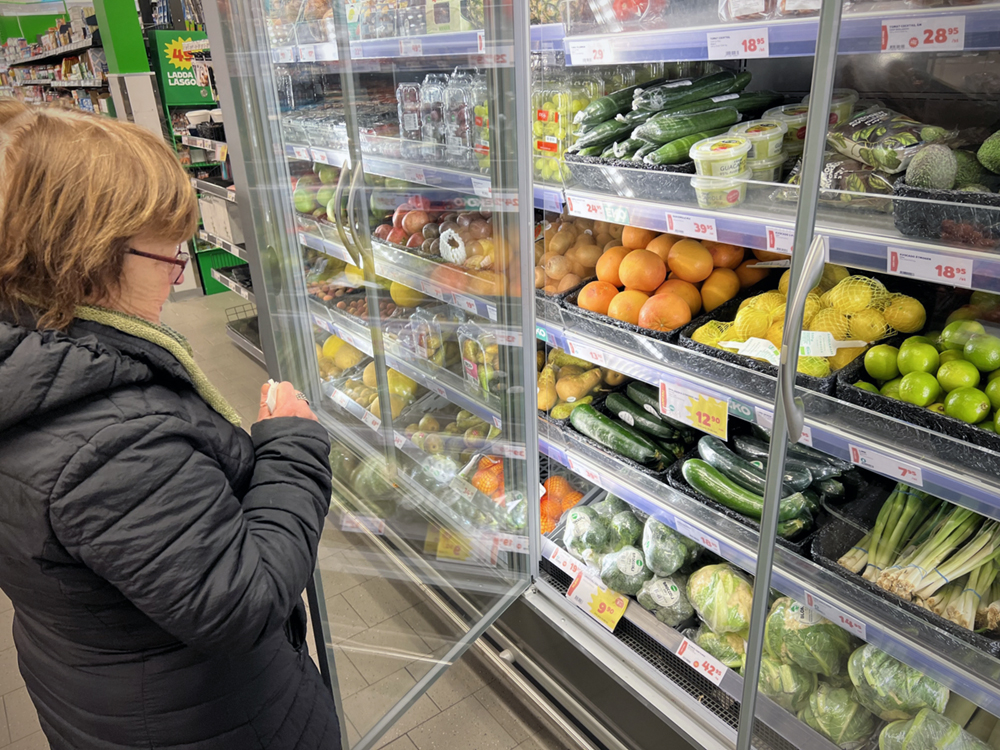How higher food prices have an impact

What foods are we cutting down on and what do we go on buying, despite rising prices? Students at KTH have analysed all the purchases made by loyalty scheme members in Coop stores over the past two years.
The study, an industrial economics graduation project by Freja Engström and Caroline Eriksson, compares the sensitivity of different households to higher food prices. It shows that low-income households with no children, in rural areas and small towns, are the most vulnerable to price rises.
According to the study, these were the households that stopped buying certain products to the greatest extent when prices went up.

“We expected low-income households to be most price sensitive, but the fact that it was households with no children went against previous studies. This could be because families with children are under more time pressure and want to shop quickly, while households without children are flexible and can go to more shops to hunt down alternative, cheaper products,” says Eriksson.
The study notes that food prices rose by just over 22 percent between February 2022 and February 2023. For some products, like coffee and butter, the increase was as much as 30–40 percent. Even so, coffee was one of the products that most people went on buying as usual, according to the study.
“This is probably because there is no real replacement for coffee, which is an important product. People like their coffee and pastry break, so prices don’t affect consumption as much,” says Engström.
The same pattern can be discerned for fizzy drinks, which households continued to buy to a large extent, according to the study.
“Fizzy drinks are quite a cheap way of taking on sugar, and may feel like a kind of everyday luxury. Children probably put pressure on the parents too, and they find it hard to say no,” says Engström.
The study looked closely at nine food products representing the range of products found in the average Swedish shopping trolley: cheese, potatoes, eggs, milk, fizzy drinks, frozen pizza, coffee, fresh salmon and butter. Of these, pizza and eggs were the first to go when prices rose.
“That’s quite surprising. You might think that salmon, which is quite expensive, would be the first thing people would save on. Buying less eggs could also be down to other factors, such as concerns over salmonella. Pizza seems to be something we can do without if the price goes up,” says Eriksson.
Organic, and therefore more expensive, products are also included in the study, the aim being to see how highly customers value buying healthy, eco-friendly foods. Of these milk, coffee and potatoes were the most popular organic products to carry on buying also after price increases.
“Customers appear to be willing to pay when they get added value. There could be a link to the climate issue, and a feeling that buying organic is making a difference to something bigger,” says Engström.
Text: Christer Gummeson
